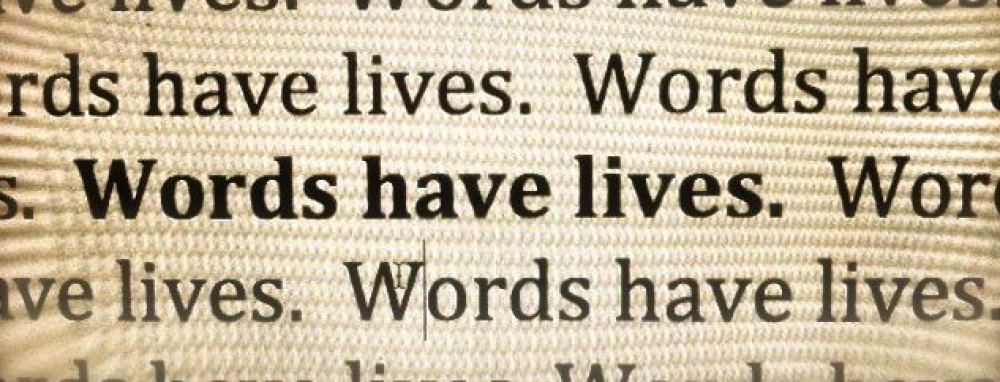Apostrophes can be pretty useful. They are the piece of punctuation that allows us to take a shortcut. By using an apostrophe we can shorten the number of words that we use.
Apostrophes allow us to combine two words and form contractions like can’t or won’t. Forming contractions is relatively simple. The apostrophe takes the place of the missing letters.
Another function of the apostrophe is to indicate possession (or belonging.) This is a bit more complicated than forming contractions but, once you get the hang of it, they’ll start to make sense.
To indicate possession (that something belongs to someone) add ‘s.
Examples:
The dog that belongs to Pedro = Pedro’s dog.
The purse that belongs to my mother = my mother’s purse.
In the case of more than one person, where there is an s on the end of the word to indicate that it is plural, place the apostrophe after the s.
Examples:
The purses that belong to our mothers = our mothers’ purses.
The house that belongs to my grandparents = my grandparents’ house.
In the case of more than one person where the word does not end in an s, simply add ‘s.
Examples:
The telescope that belongs to the women = the women’s telescope.
The locker room that belongs to the men = the men’s locker room.
Click here for a more in depth tutorial on apostrophes. https://owl.english.purdue.edu/owl/resource/621/01/
Watch the following you tube for a trick to knowing if you have put the apostrophes in the right places.




